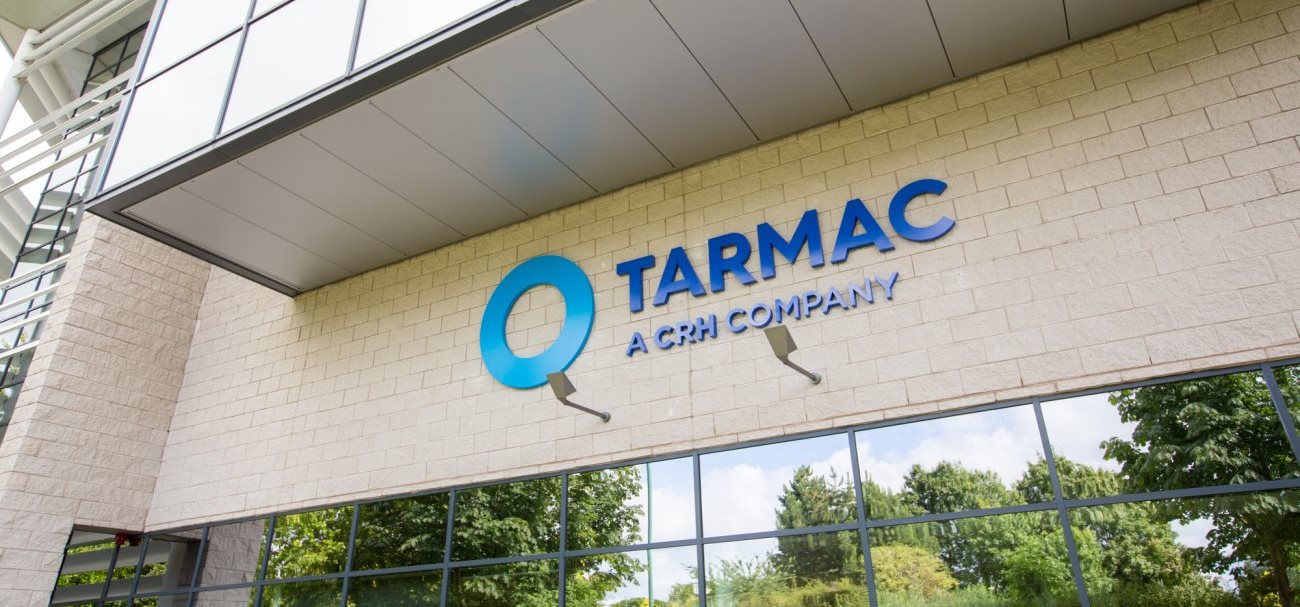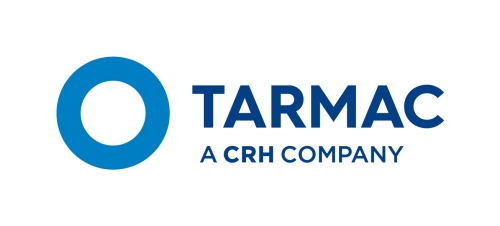
GOVERNANCE AND ETHICS
Tarmac achieves compliance with The Sarbanes Oxley Act 2002
Introduction
A series of accounting scandals, the collapse of Enron and the demise of Arthur Anderson at the turn of the millennium prompted the introduction in the USA of the Sarbanes Oxley Act 2002 (SOx). All companies listed on the New York Stock Exchange must comply with the requirement of SOx.
Our parent company CRH PLC, are listed on the New York Stock Exchange and following the acquisition of Tarmac in July 2015, Tarmac was expected to comply by the end of 2016. Failure to comply with SOx legislation would result in a qualified audit opinion, leading to reputational damage and a likely reduction in the CRH Share price. In the worst case, CEO’s / CFO’s could face fines or even imprisonment.
The requirements of SOx represented a cultural shift throughout the organisation. Tarmac’s geographical spread, coupled with our legacy of two separate control environments, meant that our processes were not always consistent. Tarmac’s controls were good but just not up to the rigidity, standardisation and level of evidencing that SOx requires.
Addressing the Challenges
A Tarmac SOx project management office was set up with Deloitte selected as implementation partner in late 2015. A large scale communication programme was kicked off to heighten business awareness and around 200 people were formally trained during 2016 on SOx methodology and how to deliver effective key controls.
Support from the Tarmac leadership team was very strong with consistent messaging to the business of the importance of SOx compliance, lead by the Senior Vice President.
Results
Following significant work, extensive internal and external audit testing and necessary control improvements throughout 2016, Ernest Young were able to positively conclude on Tarmac’s SOx compliance. This was a great result for Tarmac and CRH, providing a firm base for us to continue to maintain transparency in our accountancy practices and SOx compliance throughout 2017 and beyond.
